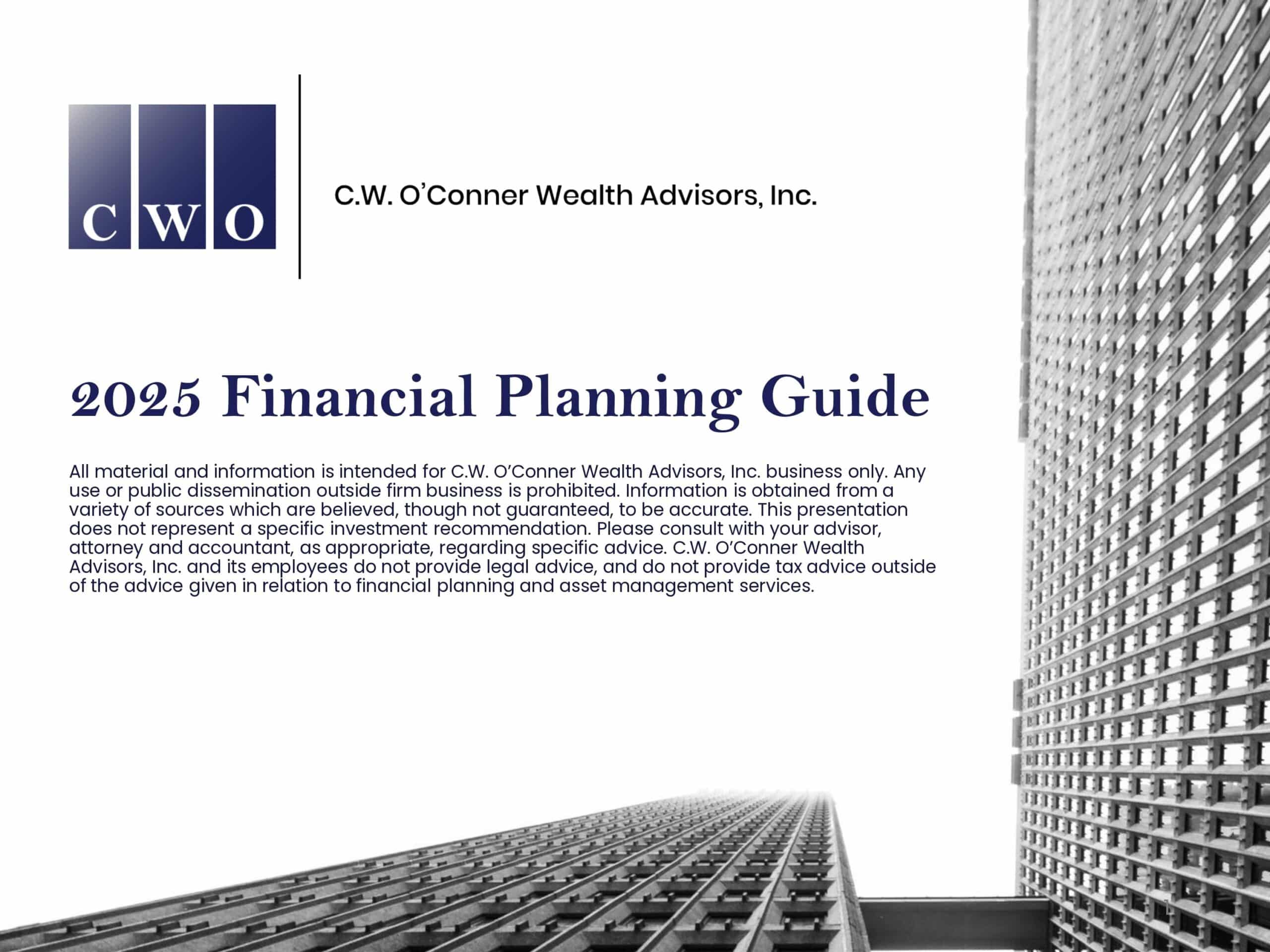
As a small business owner, safeguarding your enterprise’s assets and growth is paramount. One often overlooked vulnerability is the potential death or disability of one of your key people. Key person insurance (sometimes referred to as key man insurance) is designed to address this, ensuring your business remains stable during unforeseen challenges.
By understanding and investing in this insurance, you’re prioritizing your business’s continuity and stakeholder well-being. In this article, you will learn more about the purpose of key person insurance, the types of coverage there are, and how to evaluate your own coverage needs. You will also learn about the various benefits and drawbacks of key person insurance as well as how to move forward should a policy be right for you.
Table of Contents
- 1 What is the Purpose of Key Person Insurance?
- 2 What is Key Person Life Insurance?
- 3 What is Key Person Disability Insurance?
- 4 What Does Key Person Insurance Cover?
- 5 What Does Key Person Insurance Cost?
- 6 Is Key Person Insurance Tax Deductible?
- 7 How Much Key Person Insurance Do You Need?
- 8 Let C.W. O’Conner Help You With Your Key Person Insurance
- 9 Download our 2025 Financial Planning Guide
What is the Purpose of Key Person Insurance?
As a small business owner, you understand the importance of every individual on your team, especially those who play a critical role in the operations and success of your business. Key person insurance is designed precisely for protecting your business against the unexpected loss or incapacity of such vital members by providing insurance proceeds in your time of need.
Think of it as a safety net; if a pivotal person in your company were to pass away or become disabled, this insurance can provide the financial support needed to navigate the transition and potential operational challenges.
Both key person disability and life insurance play a role in this protective measure. Imagine a scenario where a top executive, whose expertise and connections drive a significant portion of your revenue, is suddenly unable to work due to a debilitating accident or illness. Disability benefits would kick in here, offering financial relief and allowing your business time and resources to adjust.
On the other hand, should the unthinkable happen and you lose this individual entirely, key person life Insurance ensures that your business has the monetary cushion to weather the impact, recruit a suitable replacement, or implement other necessary strategies. In either situation, this insurance is an invaluable tool for business continuity and maintaining stakeholder confidence.
What is Key Person Life Insurance?
Key person life insurance is a policy secured on the life of essential business personnel, often an owner, executive, or vital employee, whose loss could substantially affect the company’s financial health.
Key Person Whole Life Insurance
Key person whole life Insurance provides you, the small business owner, with coverage that lasts for the life of the key person, as long as premiums are paid. The policy provides both a death benefit and builds cash value as time progresses. This cash value can be a valuable asset for your business, providing flexibility and potential growth of funds which can be accessed if needed.
Key Person Variable Insurance
Key person variable life Insurance offers a combination of death benefit protection and an investment component. You have the ability to allocate the policy’s cash value among a variety of investment options, which offers the potential for higher returns, though it also comes with higher risks. It provides you with the opportunity to grow the policy’s value based on market performance, but it’s essential to be mindful of the market’s unpredictable nature.
Key Person Term Life Insurance
Key person term life insurance is straightforward, providing coverage for a specific term, such as 10, 20, or 30 years. If the key individual passes away within this term, the business receives the death benefit. For you, this often means a more affordable premium compared to other life insurance types (i.e. whole and variable). However, it doesn’t build cash value and once the term is over, coverage ends unless the policy is renewed or converted to a permanent one.
What is Key Person Disability Insurance?
Key person disability insurance coverage can also be essential in protecting your business. It addresses the financial challenges your business may face if that indispensable individual can’t work due to a prolonged illness, injury, or disability. The primary purpose is to offer financial stability, allowing your business the breathing room to find alternatives, adjust strategies, or even hire and train a replacement.
If a primary revenue driver, be it an owner, a top salesperson, or any other irreplaceable talent, were to become disabled, the potential loss in productivity, expertise, or connections could be substantial. Disability benefits can provide a monthly cushion to your business, ensuring that during such challenging times, you’re equipped with the financial support to mitigate potential damages and maintain business continuity.
Having such a policy showcases foresight and responsibility. It not only emphasizes your dedication to the well-being and continuity of your business but also communicates to stakeholders, employees, and partners that the company is prepared to face even the most unpredictable challenges head-on.
Please Note: The disability component of key person insurance is typically available as a rider on the life insurance policy. This means that instead of purchasing a standalone disability policy, businesses can augment their existing life insurance contracts to include disability coverage for their key staff members
What Does Key Person Insurance Cover?
With key person insurance, your business gets coverage for various aspects that can be affected by the loss or incapacitation of a key employee. For your understanding, here’s a list of what this insurance can cover:
Loss of Profits: Compensation for potential reduction in revenue or profit resulting from the absence of the key individual.
Recruitment Costs: Financial support for the costs incurred when you train, integrate, or hire a replacement.
Debt Protection: Ensures that debts or business loans are settled promptly to prevent them from burdening your organization.
Reassurance to Stakeholders: Offering confidence to investors, suppliers, and customers that the business remains stable and has a strategy for continuity.
Contractual Obligations: Covering penalties or losses resulting from unmet obligations or delays in projects due to the key person’s absence.
Buy-Out Provisions: In partnerships or multi-owner businesses, the insurance can provide funds to buy out the key person’s interest if necessary.
What Does Key Person Insurance Cost?
Determining the cost of key person insurance can be a bit nuanced, as it’s influenced by multiple factors unique to both the individual being insured and the specifics of your business. As a small business owner, it’s imperative for you to understand that the premium for key person insurance isn’t a one-size-fits-all figure. Instead, it’s tailored based on various considerations, ensuring that the coverage is aligned with the potential financial impact of losing that key individual.
The factors influencing the cost of key person insurance (both disability and life) include:
The Person’s Age: Typically, younger individuals have lower premiums as they are perceived to be at lower risk for health complications.
Health Status: The health and medical history of the key person can significantly influence rates. A person with a history of chronic illnesses might incur higher premiums.
Occupation: Some roles or industries are perceived as riskier than others. A key person in a physically demanding job might have a different rate compared to someone in an office setting.
Amount of Coverage: The higher the coverage of the death/disability benefit you want, the higher the premium will be.
Type of Policy: Whether it’s term, whole, or variable key person life insurance, each has its own pricing structure. Disability insurance also varies depending on the terms and conditions of the policy.
Duration of the Policy: For term policies, the length of the term can affect the cost. Longer terms might have higher premiums.
Lifestyle Habits: Factors like smoking or excessive alcohol consumption can result in higher premiums due to associated health risks.
To determine the best coverage for your needs and to get an accurate cost estimate, it’s advisable to consult with an insurance professional and a financial advisor. They can guide you through the intricacies of key person insurance, ensuring that you’re adequately covered without overextending your business’s financial resources.
Is Key Person Insurance Tax Deductible?
Generally speaking, the premiums you pay on key person disability or life insurance are not tax deductible. However, the proceeds you receive from either a disability or life insurance policy taken out on a key employee will be tax-free.
How Much Key Person Insurance Do You Need?
Determining the right amount of key person insurance for your business is a critical decision that requires a thorough evaluation of various factors. As a small business owner, you want to ensure that the coverage you choose effectively safeguards your business against potential financial disruptions, while also being a prudent financial choice.
To determine the right amount of coverage for your small business, consider the following:
Financial Impact: Start by assessing the potential financial loss your business might face if the key person were suddenly unavailable. This includes potential loss of profits, the cost of hiring and training a replacement employee, and any anticipated disruptions to your operations.
Existing Liabilities: If the key person has guaranteed business loans or other financial obligations, ensure your coverage can accommodate those liabilities. This provides peace of mind that the business remains financially stable.
Duration of Impact: Estimate how long it might take for your business to recover from the loss of the key person. Would it be a few months or several years? Your coverage should ideally support the business during this recovery period.
Future Plans: If the key person plays a central role in the future growth or expansion plans of the business, factor in the potential revenue or profit that could be at risk.
Again, it’s advisable to collaborate with an insurance and financial professional in this evaluation. They can provide insights, tools, and expertise to help you determine the right coverage amount. Remember, you are not just looking to fill a role. You are looking to preserve the longevity of your business.
Let C.W. O’Conner Help You With Your Key Person Insurance
At C.W. O’Conner, we understand that your business is more than just a source of income; it’s a culmination of your hard work, dedication, and vision. Protecting it is of paramount importance. As you’ve learned from this guide, key person insurance helps you do just that.
Both life and disability insurance plays a vital role in ensuring your business stays stable and continues to prosper in the face of unforeseen circumstances. However, with the wide assortment of options available and the nuances of each policy, navigating the world of key person insurance can feel overwhelming. However, you are not stuck handling it alone.
Our firm excels in crafting financial solutions tailored to small business owners. Whether you’re exploring key person insurance or reassessing existing policies, we stand by to collaborate, ensuring decisions resonate with your distinct business goals.
Beyond our guidance, we can connect you with professionals specializing in this space. Safeguard your investment and fortify your business’s future by contacting us at 770-368-9919 or scheduling a complimentary appointment using the button below.
The opinions and analysis expressed herein are based on C.W. O’Conner Wealth Advisors, Inc. research and professional experience and are expressed as of the date of this report. Please consult with your advisor, attorney and accountant, as appropriate, regarding specific advice.
Download our 2025 Financial Planning Guide







